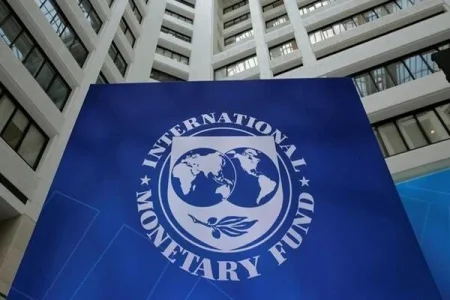
The IMF has reduced Nigeria's growth forecast for 2024 to 2.9%, down from 3.3%, citing low crude oil production and severe flooding as primary factors. The report highlights persistent inflation challenges, projecting Nigeria’s inflation rate to stabilize at 25% in 2025 amid ongoing economic pressures.
The International Monetary Fund (IMF) has revised its growth forecast for Nigeria, reducing it due to several ongoing economic challenges, including low crude oil production and significant flooding. The IMF's latest World Economic Outlook (WEO) projects Nigeria's growth at 2.9% for 2024, down from the previous estimate of 3.3% released in July.
The downgrade is attributed to the adverse effects of inflation, agricultural disruptions from flooding, and setbacks in oil production, as detailed in the report. The IMF noted that global economic growth is expected to remain steady at 3.2% for 2025, reflecting a slight decline from earlier projections.
Despite these challenges, Nigeria's economy demonstrated some resilience, achieving growth rates of 2.98% and 3.19% in the first two quarters of 2024. Nonetheless, inflation has remained a persistent issue, reaching 29.90% in January 2024, primarily driven by rising costs for essential goods and fuel. Inflation began to stabilize in July 2024 after a long upward trend, but new increases in fuel prices in September have caused concerns.
Experts believe that while government reforms may contribute to economic stability, significant obstacles remain, particularly concerning flooding and oil production issues. The IMF emphasizes that addressing these structural challenges is essential for Nigeria to enhance its economic growth prospects in the future.




